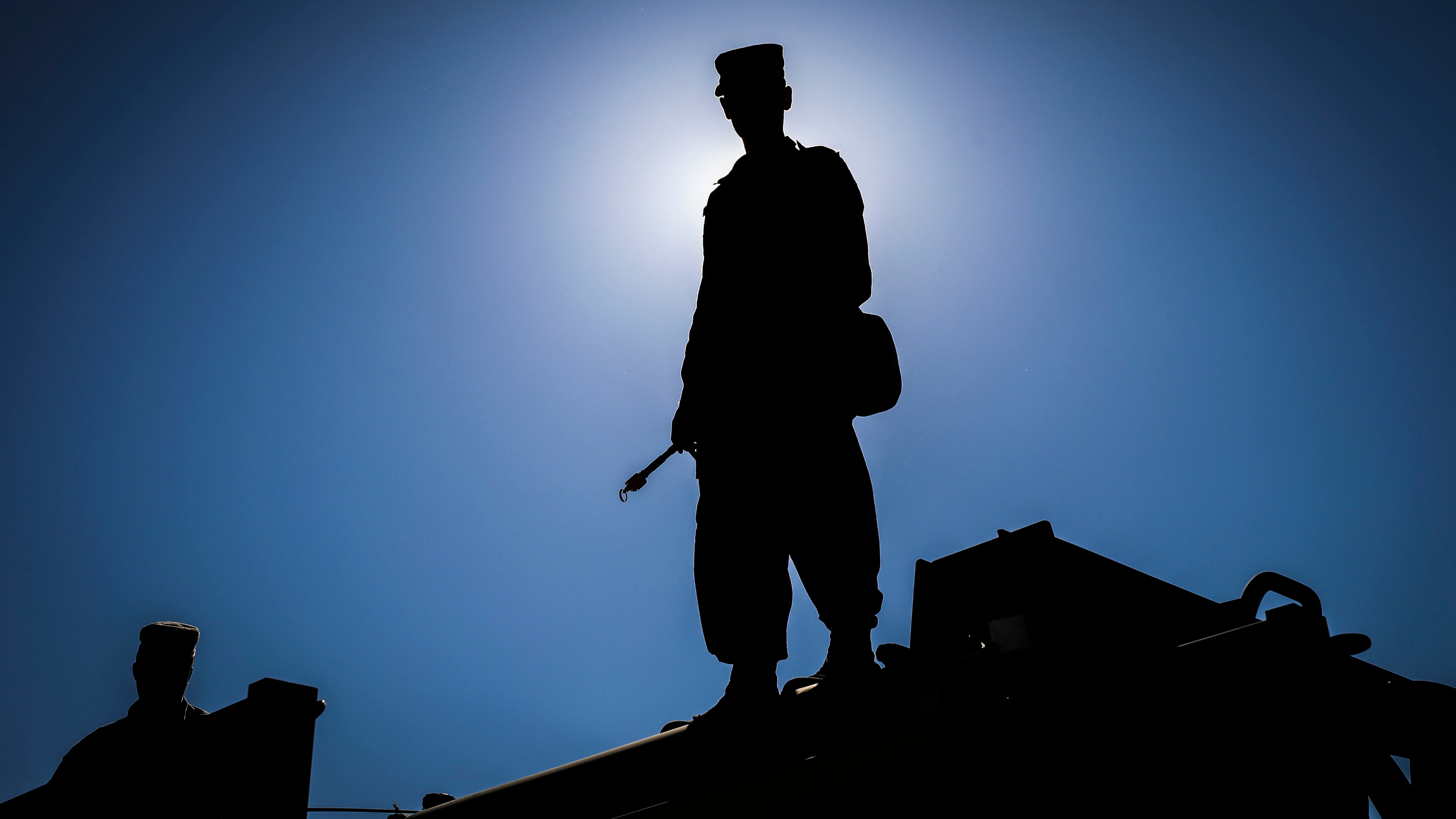AUSA Webinar Focuses on Suicide Prevention Efforts
AUSA Webinar Focuses on Suicide Prevention Efforts

An upcoming webinar hosted by the Association of the U.S. Army will highlight the Army’s efforts to reduce harmful behaviors and prevent suicide.
The online event on March 8 is part of AUSA’s Noon Report series. Beginning at noon Eastern, it will feature James Helis, director of the Army Resilience Directorate, and Chaplain (Maj. Gen.) Thomas Solhjem, the Army’s chief of chaplains.
The webinar is free, but registration is required here.
Suicide prevention and reducing harmful behaviors in the ranks are top concerns for the Army and its leaders. During the webinar, Helis and Solhjem will talk about how the Army is equipping commanders and leaders with resources to reduce harmful behaviors that lead to suicide. They also will discuss the role of spiritual readiness as a protective factor in preventing suicide and examine the Army’s progress in refining intervention and response efforts.
Helis has been director of the Army Resiliency Directorate since March 2019. He is a 1979 graduate of the U.S. Military Academy at West Point, New York, and served 30 years as an infantry officer.
Solhjem became the Army’s 25th chief of chaplains in May 2019, leading the chaplain corps in providing religious support to soldiers, their families and Army civilians.
In a previous webinar hosted by AUSA, Helis said the Army was doing a “deep dive” into the cause of suicides over the past two years among young active-duty soldiers.
“We’re trying to look at some sources, such as financial counseling, relationship counseling, parenting skills, substance abuse counseling, so that the challenges that are reaching a crisis point when a soldier dies by suicide are addressed early and taken care of before it turns into a crisis,” Helis said. “That’s true prevention of suicide. It’s looking at the problem holistically.”
While the Army trains soldiers to watch for signs in their buddies to help prevent suicide, provides behavioral health professionals at the unit level and is hoping to gain a deeper understanding of “why” some soldiers take their own lives, Helis cautioned that suicide is “a complex problem” with no simple solution.
“We’re not where we want to be yet, but we are moving in the right direction,” Helis said.

